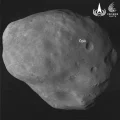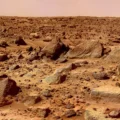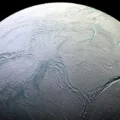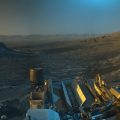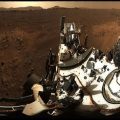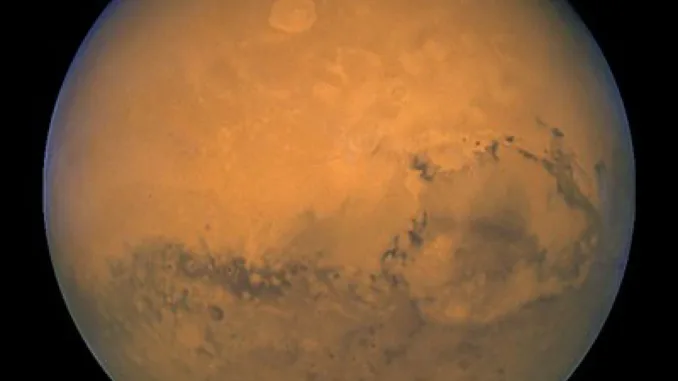
NASA Viking program send landers to Mars
Around forty years before the Curiosity rover’s mission on Mars, NASA initiated the Viking program during the 1970s and 80s. The program involved sending two landers to the Martian surface, aiming to reveal the planet’s landscape and investigate its soil for any signs of life. Recently, Dirk Schulze-Makuch, an astrobiology professor at the Technical University Berlin, proposed a thought-provoking idea. He suggests that we may have stumbled upon evidence of life in Martian soil through the Viking program half a century ago. Regrettably, our efforts to examine it might have unknowingly eradicated any potential life forms, reports WION.
Schulze-Makuch points out that our methods for identifying microbial life on Mars might have unintentionally harmed it. He expresses this concept in a piece he wrote for Big Think. In his view, our actions could have disrupted the delicate Martian ecosystem. This situation emphasizes the crucial need to be exceptionally cautious when planning future research ventures on Mars. Schulze-Makuch firmly advocates for a specialized mission dedicated solely to hunting for Martian life. He suggests that such a mission should be carefully crafted, considering these vital considerations.
The Viking landers had a variety of goals
Looking back to 1976, the Viking landers had a variety of goals. One significant aim was to conduct experiments examining Martian soil for potential biosignatures—molecules that could indicate the presence of life. It is fascinating to ponder how, all those years ago, NASA’s Viking program might have unwittingly interacted with Martian life if it existed. This notion brought forth by Schulze-Makuch serves as a reminder of scientific exploration’s complex and delicate nature, especially in distant and unknown environments. As space agencies and researchers continue to delve into the mysteries of our universe, taking into account the potential impacts of our actions becomes increasingly crucial.

